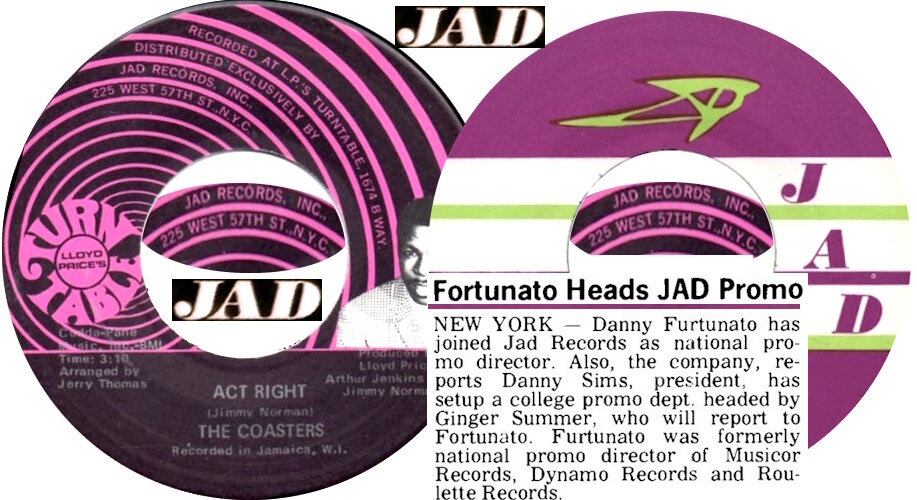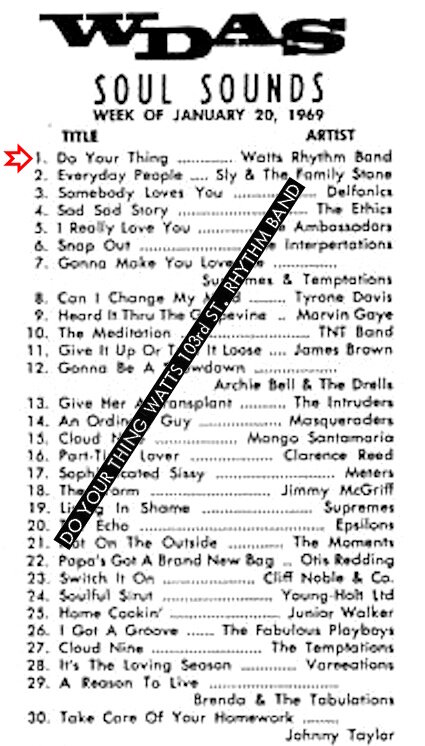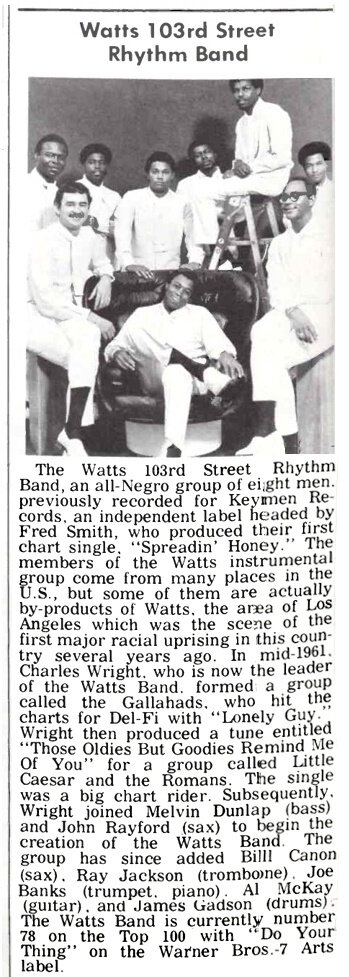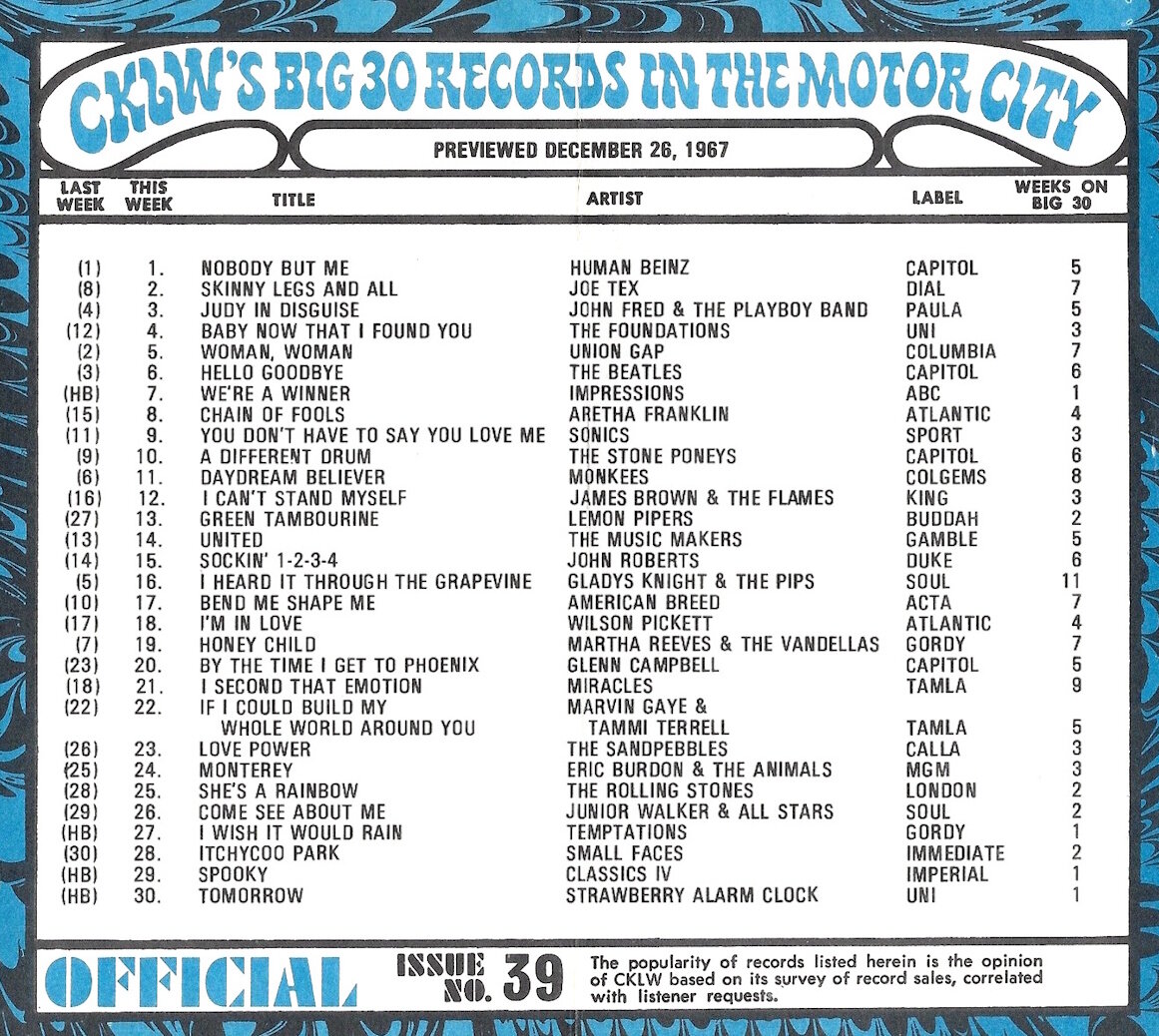- Replies 7
- Views 5.6k
- Created
- Last Reply
Most Popular Posts
-
Black music couldn't get air play. ( this bit has been talked about on here before). As Jerry Wexler expressed, Black music came to England to be "sweetened" before White Amercia would listen to it.







The thread Robb has going on Jimmie Reed Jr got me thinking.
When you check out US R&B radio stn charts from the 60's, it soon becomes obvious that many major labels didn't really know how to get soul records much airplay. The likes of RCA and Uni / MCA had large promotional departments but little or no expertise with regard to the black audience. Their promo teams had built up strong ties with many Top 40 stn programme managers / DJs and so had the right connections to get a new 45 blanket playlisting on 'white' Top 40 stns. Back then, radio plays were almost always the way to national chart success. So, to have radio DJ's waiting for you to contact them with regard to new releases was a major plus.
While Chess, Motown, Atlantic, Stax, Amy / Mala / Bell, Modern, Scepter / Wand & many more did have the right guys / contacts in place to instantly get their new releases lots of plays, the major labels didn't.
There were exceptions though. Columbia did alright with their Okeh releases, the Minit stuff got decent airplays, Loma was almost the same (though Warner label stuff was mainly marketed to Top 40 stns not R&B stns. Many Mercury (& Fontana / Philips) soul releases also seemed to get lost when it came to black radio exposure. As Robb made mention, Jerry Butler was an exception, as to a lesser degree was Dee Dee Warwick (though having a more famous sister's 45's high on the R&B charts must have helped her releases). ABC also had a team dedicated to promoting their soul releases to R&B stns.
I guess the likes of the Okeh, Loma & ABC (maybe even Mercury) labels had their own dedicated promotional teams that maintained contact with jocks at R&B radio stns. Is much know about how these guys operated (those reaching out to R&B stns to get airplay) and how many of them there were (the US R&B stn network was massive with stns in almost every city / large town across the entire country.
OF COURSE, their were SOME advantages in a black act being signed to a major label. The budget assigned for their recording sessions would have been larger -- the best producers / arrangers would have been hired to oversee their sessions, etc. PLUS when they had a decent release, it would be marketed very well to Top 40 stations. So in the 'golden period' for soul product (mid to late 60's -- when many Top 40 stns were looking for new soul 45's to plug on air), a new soul single could even be 'broken' & go on to become a pop chart hit via plays on Top 40 stations.
Anyone here have knowledge of the workings of the promo teams at the likes of Okeh, Loma & the like ... AND how it compared to what those @ Chess, Motown, Stax were doing ?
Edited by Roburt